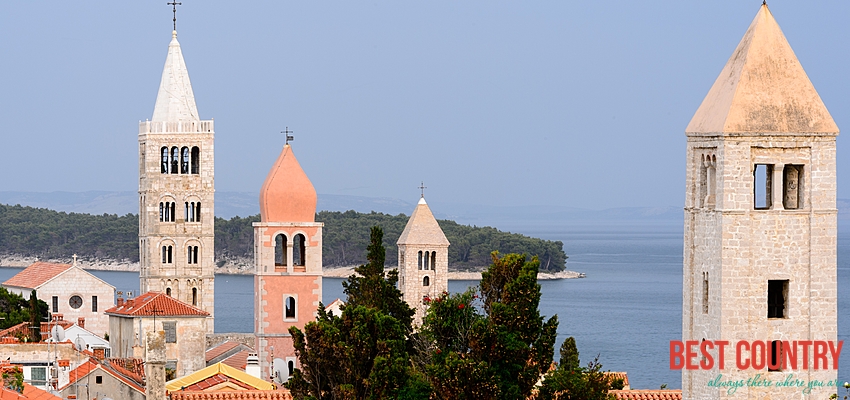Religion of Croatia

Religious Practitioners
Catholic priests and nuns are the most visible religious practitioners in Croatia. There are ministers of a few Protestant sects (particularly the Jehovah's Witnesses and Seventh Day Adventists), and religious leaders for some of the minority ethnic and religious communities. Likewise, there is evidence of some interest in non-Western religions, particularly in Zagreb. (Zagreb has a restaurant run by Hari Krishnas, for example). Since Croatian independence, however, Catholicism is more visible and more significant in Croatian daily life.
Rituals and Holy Places
Most families now observe Catholic rites of passage, including Baptism, First Communion, Confirmation and Marriage ceremonies in the Church. Funerals complete with a Funeral Mass are also important. Christmas and Easter are once again important national holidays, and are widely celebrated. Churches and cemeteries are important places in most peoples' lives. Many people have made pilgrimages to nearby Medjugorje in Herzegovina. This is a site where five young people claim to have seen repeated apparitions of the Virgin Mary, and where many people claim to have been cured of debilitating illnesses.
Death and the Afterlife
Most Croats hold to a Roman Catholic vision of death and resurrection of the soul. Interestingly, all Saints' Day (Day of the Dead) is the only Catholic holiday that was celebrated by most of the ethnic groups in the former Yugoslavia. It is still a very important observance in Croatia. Families wash and prepare graves, and decorate them with candles, flowers and photographs. People often make several trips to graveyards during the days just before and after All Saints' Day.